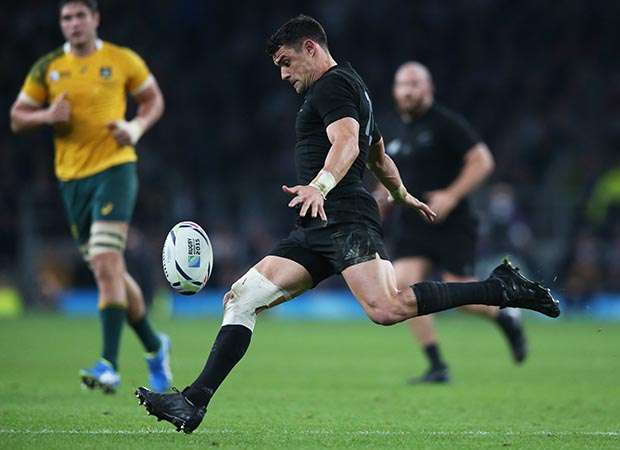
 Dan Carter is without doubt a sensational signing for Racing 92 – as big, or bigger, than Jonny Wilkinson was for Toulon – although he comes to Paris a couple of seasons older than his English Top 14 predecessor.
Dan Carter is without doubt a sensational signing for Racing 92 – as big, or bigger, than Jonny Wilkinson was for Toulon – although he comes to Paris a couple of seasons older than his English Top 14 predecessor.
The New Zealander, 33, also arrives not only on a high after winning the 2015 World Cup with the All Blacks, but with more Test rugby under his belt than Jonny, who had to rediscover himself in France after long struggles with injury, before falling in love with the game again.
With Carter joining the likes of star Pumas wing Juan Imhoff and French internationals Eddy Ben Arous, Dimitri Szarzewski, Brice Dulin, Teddy Thomas, Yannick Nyanga and Bernard le Roux, Racing 92 have a playing roster which would be the envy of international coaches, let alone club coaches.
It is part of owner Jacky Lorenzetti’s big plan to turn the Parisian club into the biggest and most successful brand in European rugby. Like a lot of successful businessmen, property magnate Lorenzetti wants success again, but this time in the world of sport.
His plans for the new stadium and facilities at Paris Arena 92 are all out of this world, and will put the club on a similar footing to what Wasps have at the Ricoh.
Arena 92 will not just be a rugby stadium, but is designed to host concerts, conferencing and offices, which will be self-sustainable.
You can see what Lorenzetti is trying to build. However, despite taking Racing into top six contention after bringing them up from Pro D2 to the Top 14, they have yet to become French club champions since he took over.
He has had to watch Toulouse, Toulon, Castres – and, last season, hardest of all – their arch Parisian rivals, Stade
Francais, win the title.
Lorenzetti will be hoping that Carter is the missing part of the jigsaw that will finish the Racing 92 puzzle. The hope is that the great New Zealand fly-half will be like Wilkinson was at Toulon, setting the benchmark for everyone in the Racing squad because he commands so much respect.
It’s a wonderful idea, but it will only work if Carter learns to speak French. He needs to go on the fastest language crash-course available because you cannot blend with a new culture if you cannot communicate clearly.
Sure, the players and coaches will be able to see what he does in terms of setting an example in training – but it is about more than that.
Carter needs to be pretty fluent in a short space of time because, if not, his impact will be minimal. Wilkinson was able to speak good enough French to go into the community around Toulon and talk to everyone, blend in and be accepted, and it was that ability to mix that made Jonny one of the biggest sporting heroes in the South of France. Otherwise, the language thing will become a barrier to the New Zealander reaching people outside the Racing supporters’ club.
There have been rumours after Racing’s mixed experience with star signings such as Jonny Sexton, Jamie Roberts and Dan Lydiate over the last couple of seasons, that their two head coaches, Laurent Travers and Laurent Labit, are learning to speak English.
However, it would be unwise for Carter to rely on that. There are no concerns, however, about his ability as a rugby player.
The All Black fly-half has God-given gifts, and he’s worked incredibly hard on his game, and has honed it alongside other great players. He also comes across as very relaxed, and having a personality with which people can connect easily – but he has to understand and speak French in order to have a lasting impact.
The French are perceived as passionate and emotional, but you need clarity – a clear mind – to be successful in professional sport. In the past the French were in love with playing the beautiful game – with teams like Toulouse at the forefront – but now the Top 14 is arm-wrestle rugby which is all about pressure and fine margins.
One consequence is the perception that French clubs are not as fit as they could be, because their strength-and-conditioning approach is different. Wilkinson helped to change the culture at Toulon so that they could play the beautiful game as well as bring brute force.
Likewise, in Carter’s time with the Crusaders and New Zealand, fitness and skills were the key, and if he thinks that the conditioning at Racing isn’t right then he needs to be able to get that message across.
You sense that Carter is seen by Racing as someone who can bring everything together, and there is no question that he has the character to do so.
His appetite for hard work always matched his talent, and made him the World Cup-winning fly-half he is – yet, 12 months ago, he was not No.1 for the Crusaders, let alone New Zealand.
Carter has been through the highs and lows, and the doubts following injuries – but when it mattered, in the World Cup, he just got better and better, and was an integral part of a wonderful side.
Racing are getting a man who has achieved everything in rugby, and has played for two great sides in the Crusaders and the All Blacks. The challenge facing Carter now is to replicate that at Racing by bringing with him what made those teams tick.
It will not be easy, because Paris is very far removed in culture from his first ‘sabbatical’ stint in France with Perpignan, and from life in Christchurch.
He will find life more anonymous in the French capital, however he already has the benefits of an understanding of the Top 14, and will rely on feedback from fellow Kiwis in the Racing squad, like Joe Rokocoko, Chris Masoe and Casey Laulala.
He will also have a kindred fly-half spirit in Ronan O’Gara, who is Racing’s skills coach, and has picked up French very quickly to become the link between the overseas players at the club and the coaches.
Carter is arriving with his young family – he and his wife have two small boys – and, hopefully, they will all follow in O’Gara’s footsteps by learning the language.
Carter could join any rugby club in the world, big or small, and have an impact because of his quality – and, if he masters French, you would expect him to be a big part of Racing 92 making the next big step.

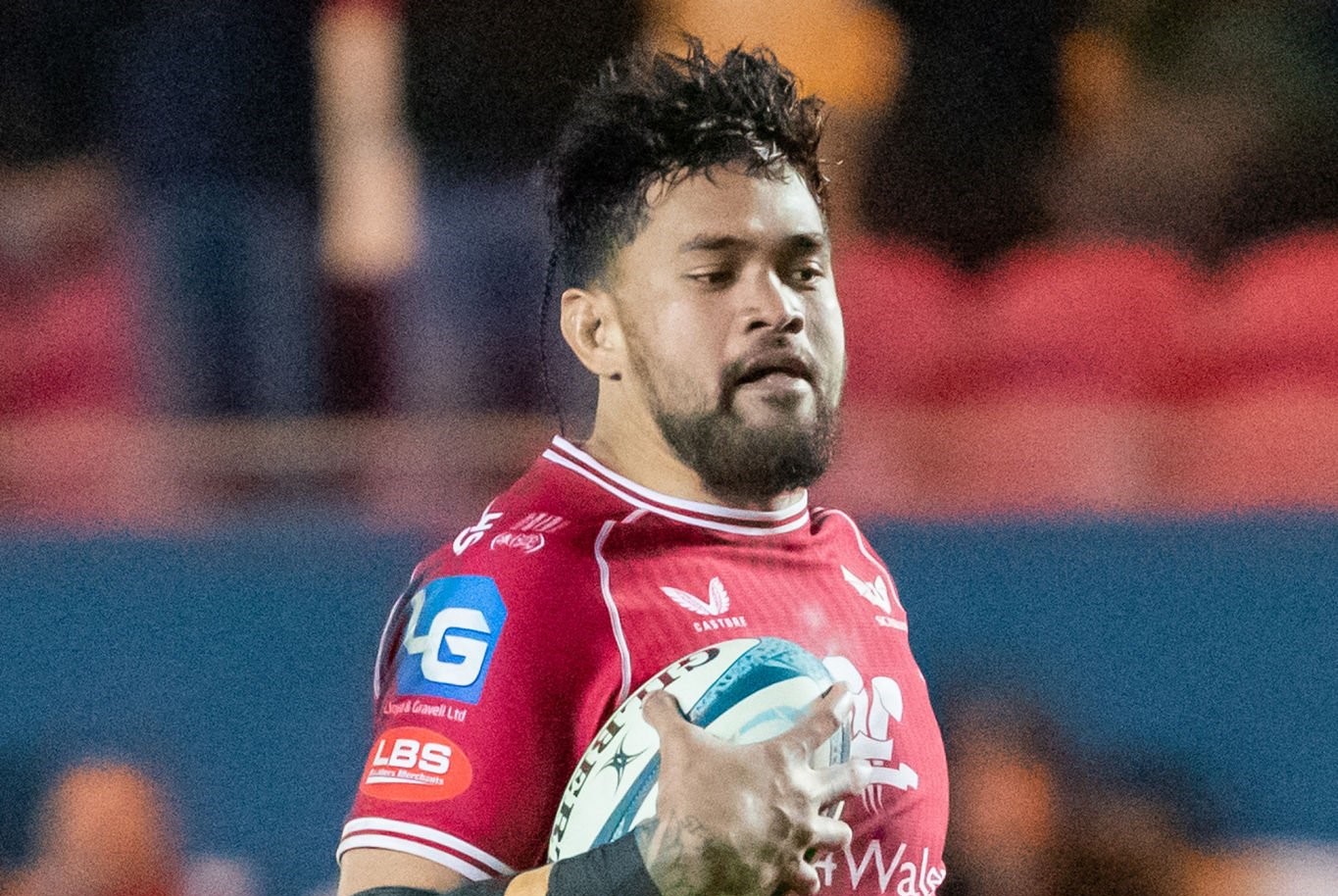
United Rugby Championship
Vaea Fifita’s commanding presence has Scarlets pushing for URC play-off spot
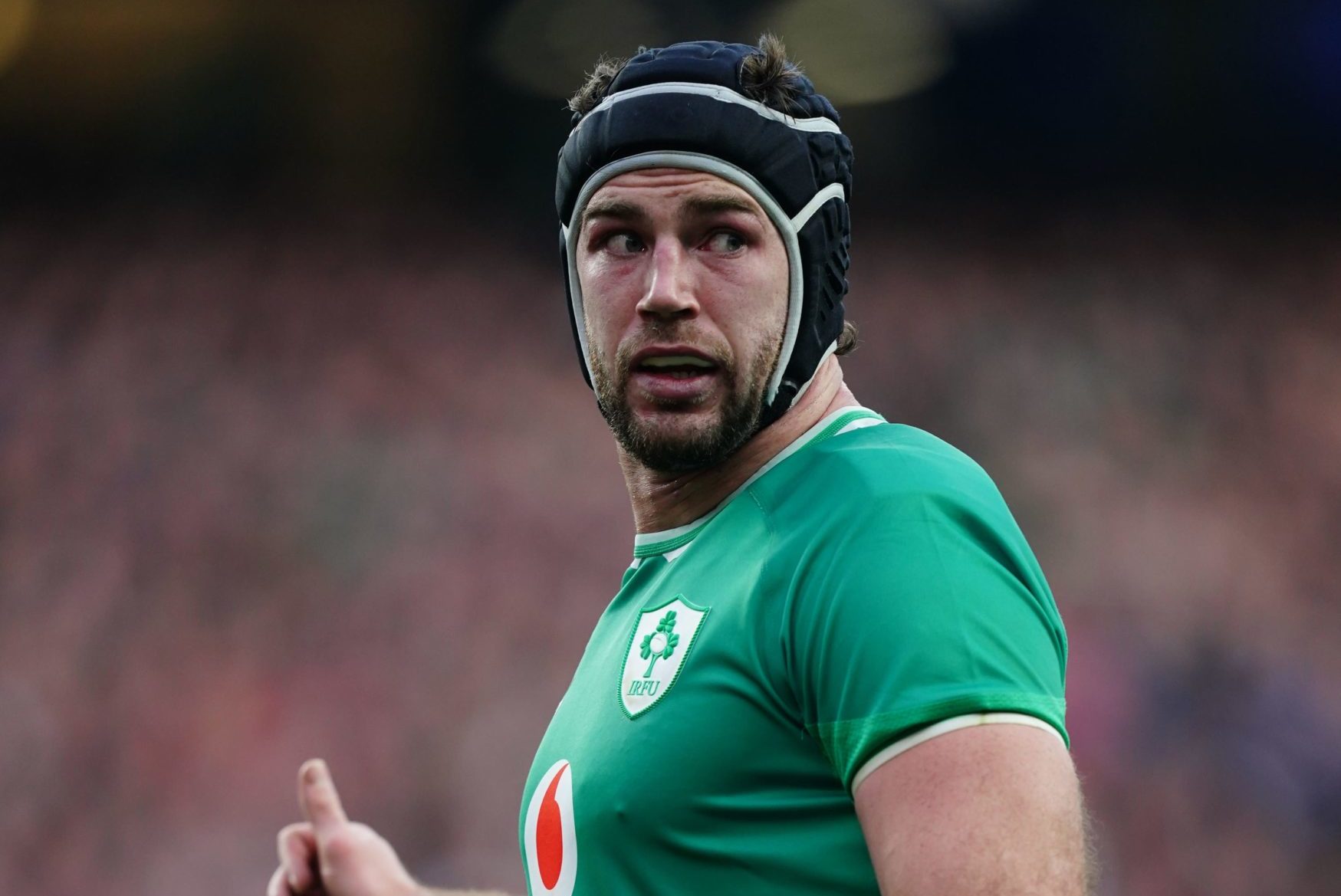
British and Irish Lions
British and Irish Lions Watch: Caelan Doris confirmed to miss the tour with injury

















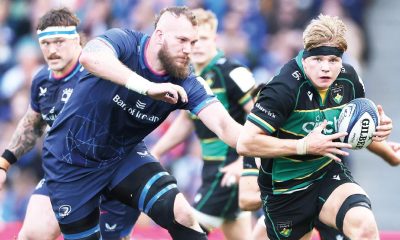

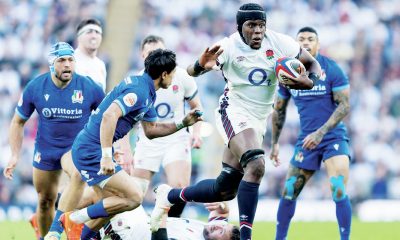

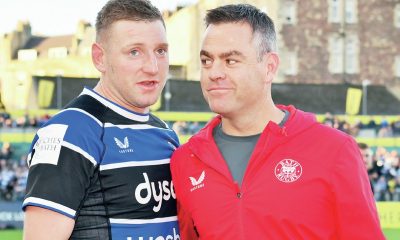

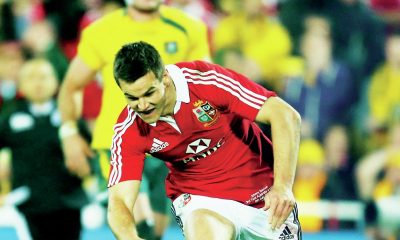

You must be logged in to post a comment Login